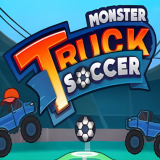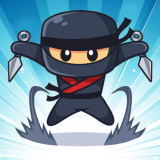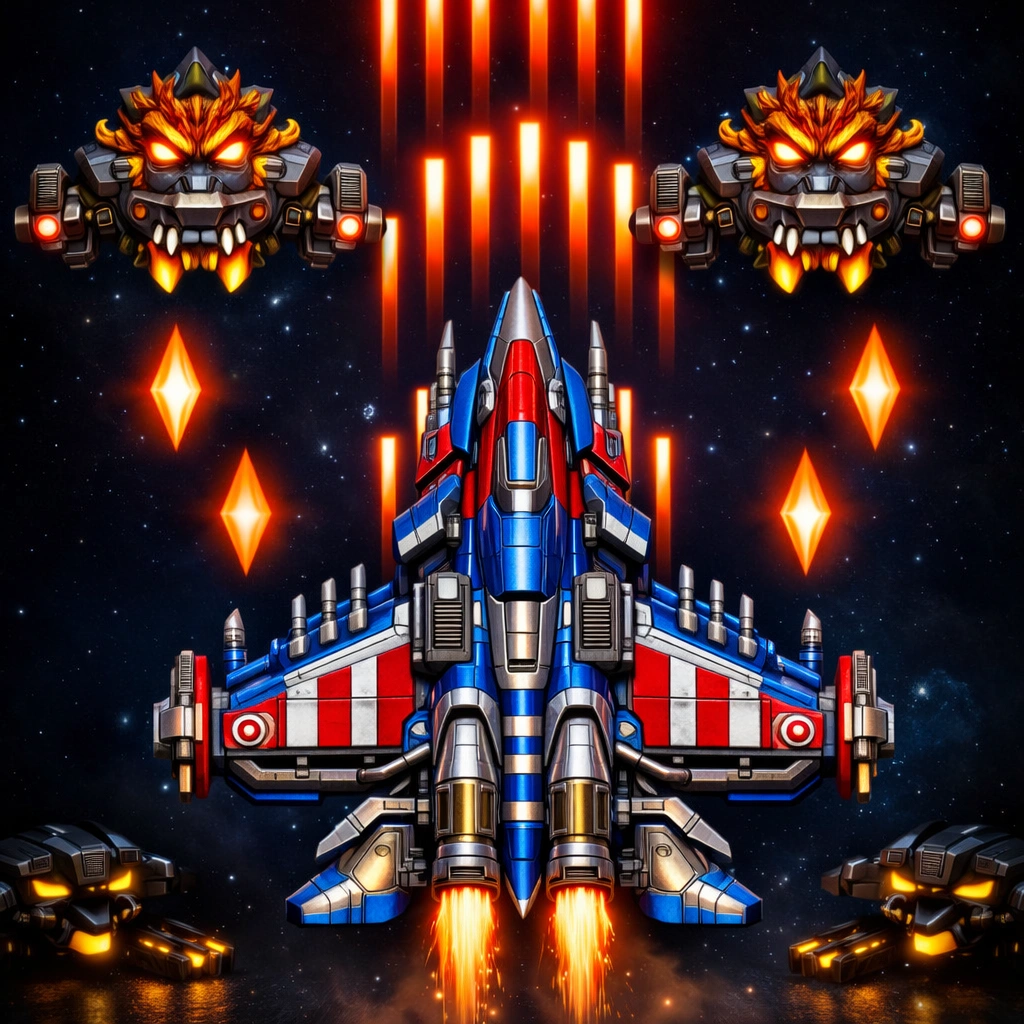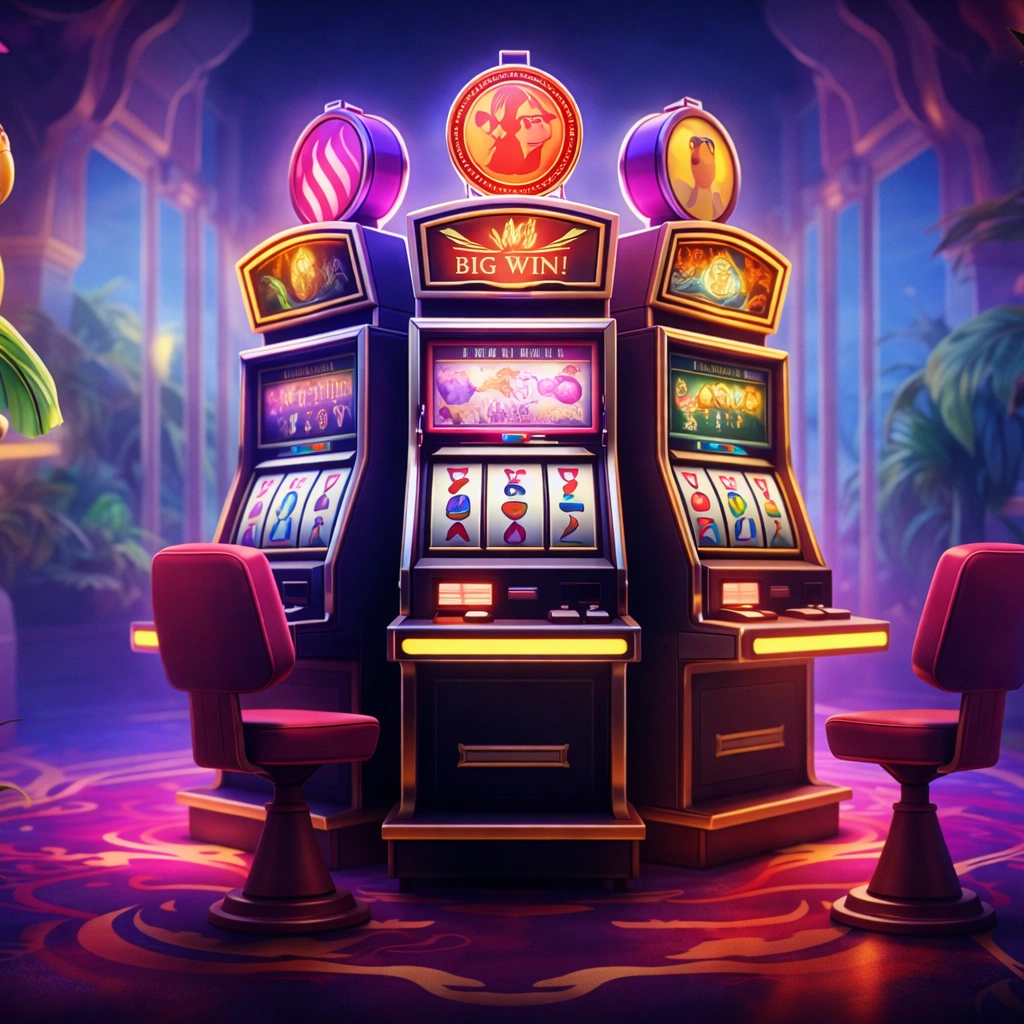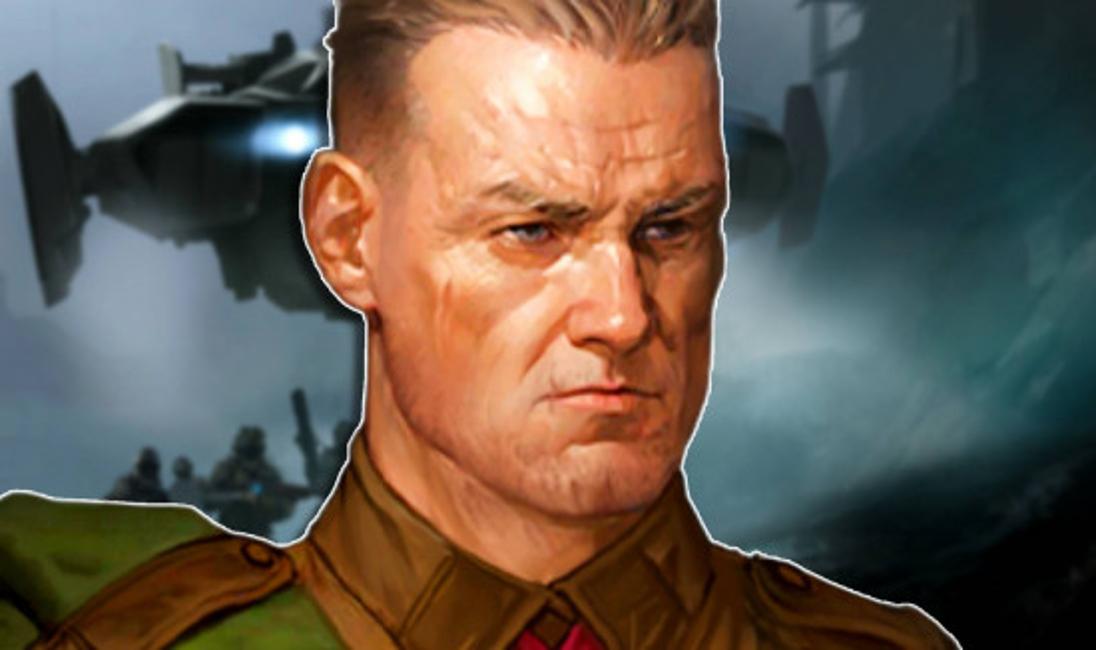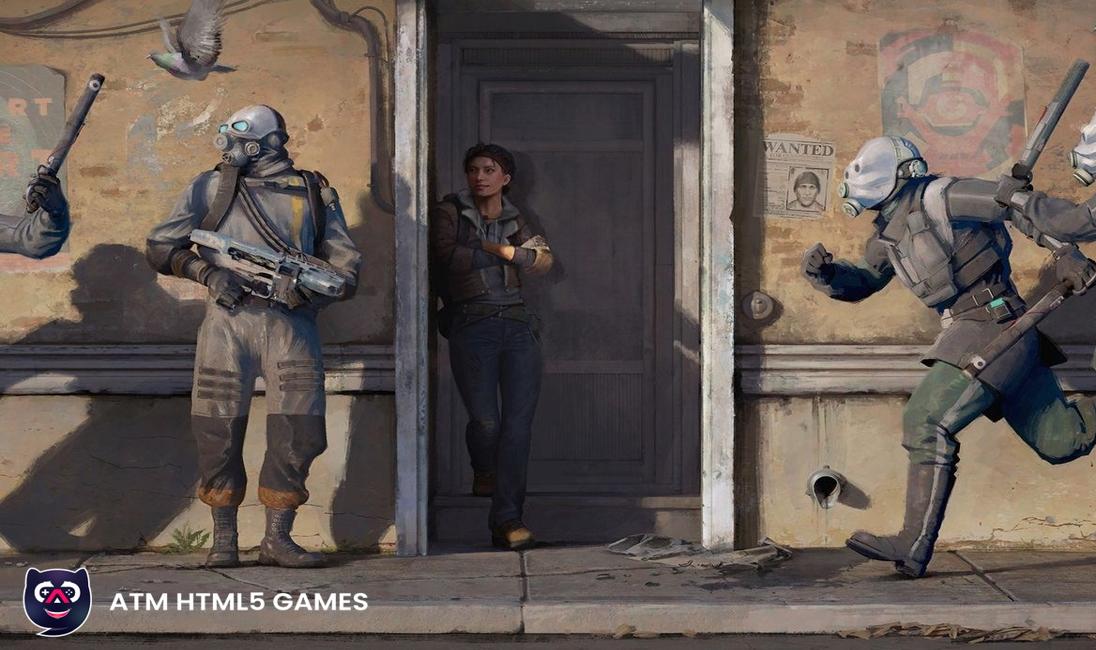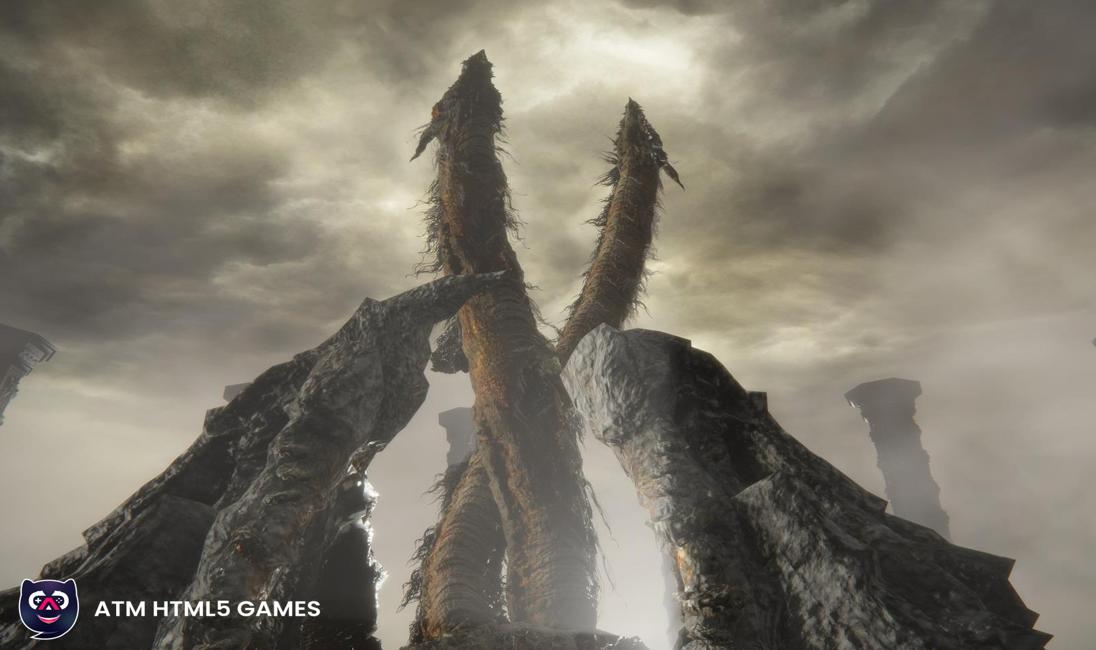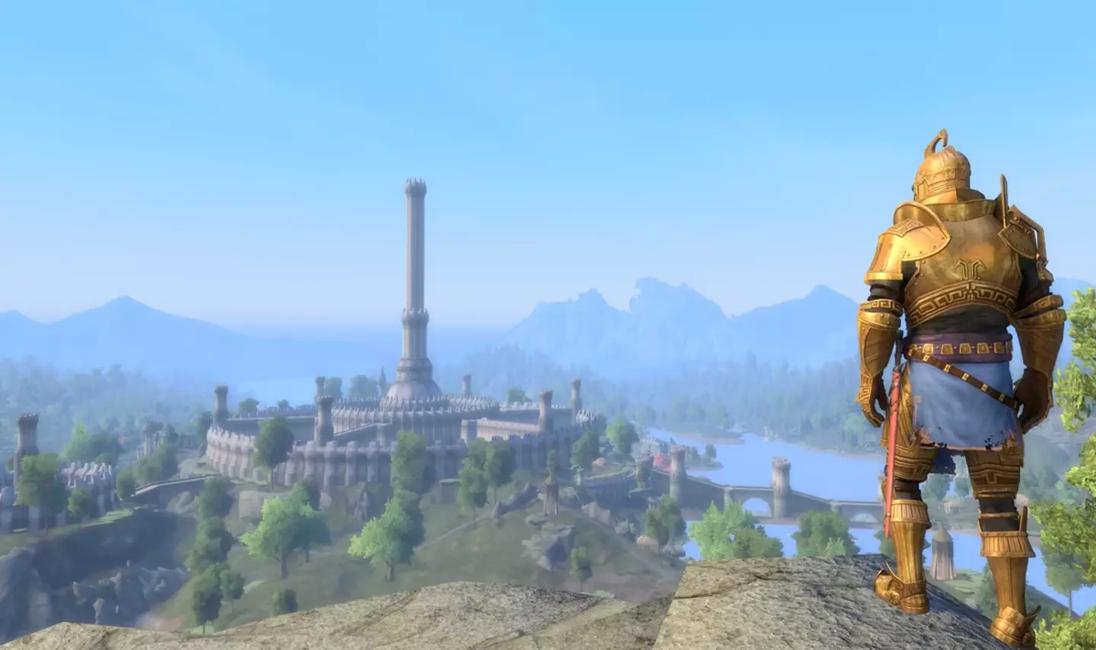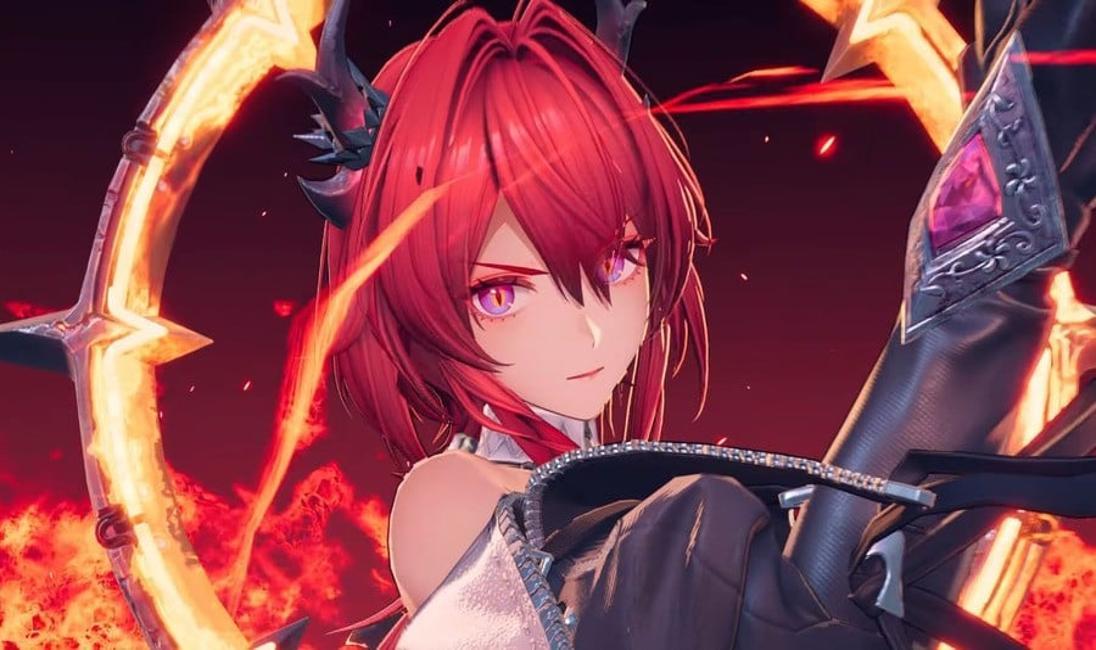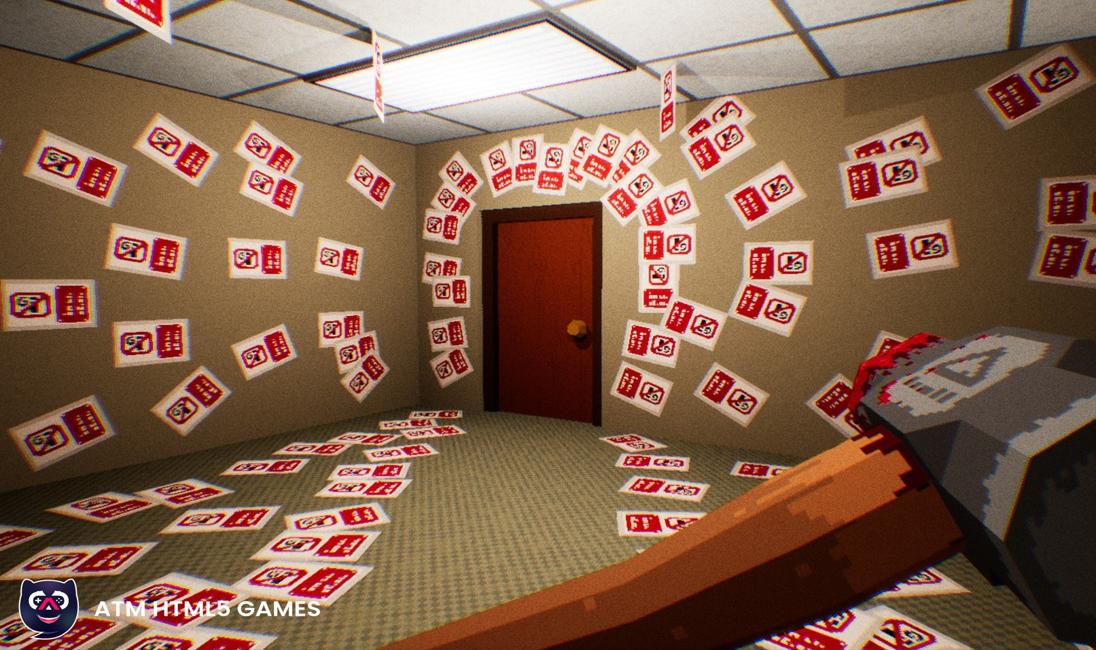So, there's this game called Menace. You might've heard of it. It's doing the rounds in the indie game circles. Think grimdark XCOM. But grittier. And with, you know, space pirates. Intrigued? You should be.
The devs just dropped a new demo and, wouldn't you know it, they've tweaked things. I spent a good chunk of last night diving in, and let me tell you, there's more than meets the eye here. It's not just a fresh coat of paint; there are some fundamental changes afoot. But before we dive into the details, let's set the stage a little.
Menace, for those just tuning in, is aiming for a very specific niche: tactical combat with a serious edge. We're talking permadeath, resource scarcity, and enemies that aren't afraid to play dirty. It's the kind of game where a single bad decision can spiral into total disaster. Sound fun? Yeah, I thought so too.
Diving Deep into the Demo: What's New?
The first thing that jumped out at me? The AI feels…smarter. More aggressive. And definitely more prone to flanking maneuvers. Gone are the days of predictable enemy behavior. Now, they coordinate attacks, use cover effectively, and generally make your life a living hell. Which, to be fair, is kind of the point. I mean, the game is named Menace, after all. Should've expected it, right?
But the most significant change? Those tanky space pirates I mentioned earlier? They've been nerfed. Hard. I initially thought this was a bad move. I mean, they were a real challenge. But after playing through a few scenarios, I get it. They were maybe a little too strong. A bit too bullet-spongy, if you catch my drift. Now, they're still formidable, don't get me wrong. But they're no longer the impenetrable walls of armor they once were.
This rebalancing has a ripple effect. It forces you to rethink your tactics. You can't just rely on brute force anymore. You have to be smarter. More strategic. More…menacing, perhaps? (Okay, I'll stop with the puns now. Maybe.) Actually, that's not quite right - you can still rely on brute force, but it's got to be directed brute force. Meaning, you gotta bring the right tools for the job and use them at the right time. A carefully placed grenade can still solve a lot of problems.
Graphics and Grime: Setting the Tone
One thing I've always appreciated about Menace is its art style. It's not trying to be photorealistic. Instead, it embraces a grimy, almost hand-painted aesthetic that perfectly captures the game's bleak atmosphere. Think Borderlands, but, you know, with less cell-shading and more existential dread. They've refined some textures here and there, polished the lighting, and generally made the whole experience feel a bit more immersive. And speaking of immersion, the sound design deserves a nod too. The clatter of gunfire, the screams of the dying, the ominous hum of alien technology – it all adds to the sense of being in a truly hostile environment.
It's worth noting that Menace draws heavily from the XCOM playbook, but it's not just a clone. It takes the core mechanics of tactical combat and twists them in interesting ways. The emphasis on resource management, for example, is far more pronounced. You're constantly scrounging for supplies, making tough choices about what to prioritize. Do you spend your precious scrap on upgrading your weapons, or do you patch up your wounded soldiers? These decisions matter, and they can have a profound impact on your long-term survival. And this is precisely what makes the game so compelling. It's not just about winning battles; it's about surviving the war.
But there's something even more interesting here than I initially thought – the psychological impact of the game. The permadeath mechanic isn't just a gameplay feature; it's a tool for creating emotional investment. You genuinely care about your soldiers. You remember their names, their quirks, their heroic deeds (and their embarrassing mistakes). And when they die – and they will die – it hurts. It makes you think about the cost of war, the sacrifices made in the name of survival. And that, my friends, is what elevates Menace above your average tactical shooter.
Is the Game's "Menace" too much?
Here's the thing: Menace isn't for everyone. It's a challenging game. A unforgiving game. A game that will test your patience and your tactical acumen. But if you're looking for a deep, rewarding, and genuinely unsettling experience, then it might just be the game for you. If you're the kind of player who enjoys meticulously planning every move, who thrives on overcoming impossible odds, who appreciates a good dose of grimdark atmosphere, then you owe it to yourself to check out the demo. The updates show a great refinement from the old gameplay. Who knows, you might just find yourself addicted. Just don't blame me when your favorite soldier gets eaten by a space pirate. And speaking of space pirates, have you seen the ones in this game? Now those are some crazy space pirates.
I keep coming back to this point because it's crucial. The devs aren't just building a game; they're crafting an experience. An experience that's designed to provoke thought, to challenge assumptions, to leave a lasting impression. And in a world of increasingly homogenized video games, that's something to be celebrated.
FAQ: Tackling the Tough Questions
Is Menace just another XCOM clone?
That's a fair question! On the surface, yes, there are similarities. Turn-based tactical combat, permadeath, base management – the core elements are there. However, Menace distinguishes itself through its oppressive atmosphere, its focus on resource scarcity, and its emphasis on psychological impact. It's less about building a super-soldier squad and more about surviving against overwhelming odds with limited resources and a crew on the brink.
How punishing is the permadeath, really?
Brutal. Absolutely brutal. But in a good way? Look, losing a veteran soldier stings, especially if you've invested time and resources into their development. But that's the point! The permadeath mechanic forces you to make careful decisions, to value every life, and to adapt to unexpected setbacks. It's not about avoiding death at all costs; it's about making the most of every situation, even when things go horribly wrong.
What if I'm terrible at tactical games? Is there any hope for me?
Menace has a steep learning curve, I won't lie. You'll probably fail a lot. You'll make mistakes. You'll watch your soldiers get slaughtered. But that's part of the fun, right? Seriously though, the game rewards patience, observation, and a willingness to learn from your failures. Don't be afraid to experiment, to try new strategies, and to embrace the chaos. And remember, even the most seasoned commanders started somewhere.
How does the Menace gameplay differ from other tactical games?
Think about it this way: many tactical games focus on empowerment – building up your forces, unlocking new abilities, and steamrolling the enemy. Menace flips that script. It's about disempowerment. You're constantly struggling to survive, making do with limited resources, and facing enemies that are often stronger and better equipped than you. It's a game about making hard choices and living with the consequences. It emphasizes scavenging, strategic retreats, and, sometimes, outright desperate gambits.
- First important point about the content
- Second point with detailed explanation
- Another noteworthy detail
- Final concluding thought

